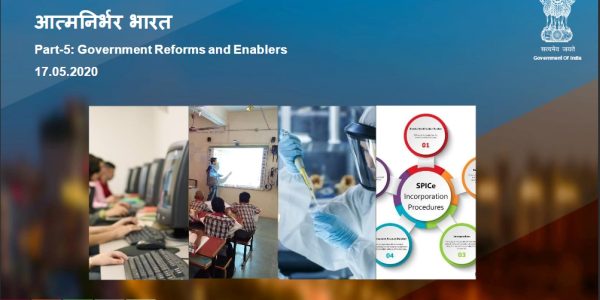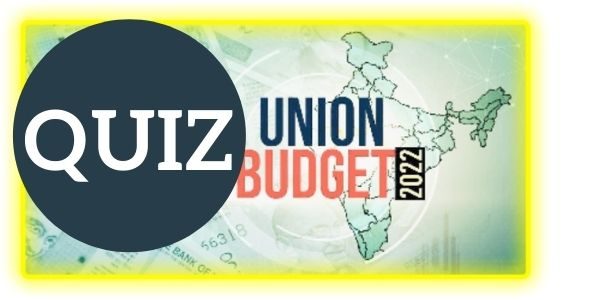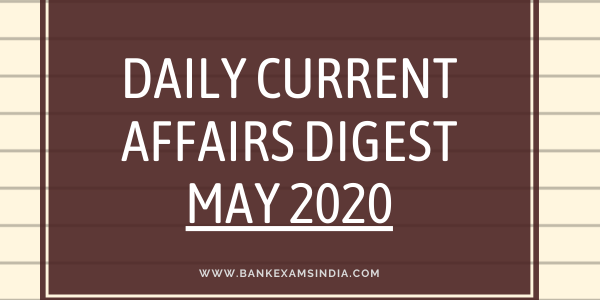The Prime Minister, Narendra Modi, in his national address had shared his vision of improving the livelihood of people, after covid19 lockdown.He revealed the strategy of ‘Aatma Nirbhar Bharat’ (Self Reliant India) that will focus on making India self-reliant.
The 5th and final set of relief measures under the government’s ‘Atmanirbhar Bharat Abhiyan’—India’s Rs.20 lakh crore Covid-19 economic package was announced by Finance Minister Nirmala Sitharaman on May 17, 2020.
Focus areas: 1. MGNREGA, 2. Health, 3. Education, 4. Business and Covid-19, 5. Companies Act, 6. Ease of Doing Business and 7. Central and State PSUs.
Increase In Allocation For MGNREGS To Provide Employment Boost
The Government will now allocate an additional Rs 40,000 crore under Mahatma Gandhi National Rural Employment Guarantee Act (MGNREGS).
- It will help generate nearly 300 crore person days in total addressing need for more work including returning migrant workers in Monsoon season as well.
- Creation of larger number of durable and livelihood assets including water conservation assets that will boost the rural economy through higher production.
Health Reforms & Initiatives
The public expenditure on healthcare will be increased by investing in grassroot health institutions and ramping up the health and wellness centres in rural & urban areas.
- To prepare india in handling future pandemics, Infectious Diseases Hospital Blocks will be setup in all districts
- Integrated Public Health Labs in all districts & block level Labs & Public Health Unit would be strengthened
- National Institutional Platform for One health by ICMR will encourage research.
- National Digital Health Blueprint implementation would be taken up, under the National Digital Health Mission.
Technology Driven Education with Equity post-COVID
PM eVIDYA – A programme for multi-mode access to digital/online education to be launched immediately.It shall consist of the following initiatives:
- DIKSHA – for school education in all states/ UTs involving e-content and QR coded energized textbooks for all grades (one nation, one digital platform)
- One TV channel per class from 1 to 12 (one class, one channel)
- Extensive use of Radio, Community radio and Podcasts
- Special e-content for visually and hearing impaired.
- Top 100 universities will be permitted to automatically start online courses by 30th May, 2020.
Manodarpan – An initiative for psycho-social support for students, teachers and families for mental health and emotional well-being to be launched immediately.
New National Curriculum and Pedagogical framework for school, early childhood and teachers will also be launched.
National Foundational Literacy and Numeracy Mission will be launched by December 2020 to ensure that every child attains Learning levels and outcomes in grade 5 by 2025.
Further enhancement of Ease of Doing Business through IBC related measures
A special insolvency resolution framework for MSMEs under Section 240A of the Code will be notified soon.
- The minimum threshold to initiate insolvency proceedings raised to Rs. 1 crore (from Rs. 1 lakh, which largely insulates MSMEs).
- Suspension of fresh initiation of insolvency proceedings up to one year, depending upon the pandemic situation.
The central government will be empowered to exclude COVID 19 related debt from the definition of “default” under the Code for the purpose of triggering insolvency proceedings.
Decriminalisation of Companies Act defaults
The government will make suitable amendments to allow Decriminalisation of Companies Act violations involving minor technical and procedural defaults such as shortcomings in CSR reporting, inadequacies in Board report, filing defaults, delay in holding of AGM.
- The amendments will de-clog the criminal courts and the National Company Law Tribunal NCLT.
- 7 compoundable offences altogether dropped and 5 to be dealt with under alternative framework.
The majority of compoundable offence sections would be shifted to internal adjudication mechanism (IAM) – 58 sections to be dealt under IAM compared to 18 earlier.
Ease of Doing Business for Corporates
India currently ranks at 63rd position in the ease of doing business index, created by world bank.The central government attributes this jump in rankings due to the improvement in starting a business and insolvency resolution.
More reforms to be brought in are:
- Direct listing of securities by Indian public companies in permissible foreign jurisdictions.
- Private companies which list NCDs on stock exchanges not to be regarded as listed companies.
- Including the provisions of Part IXA (Producer Companies) of Companies Act, 1956 in Companies Act, 2013.
- Power to create additional/ specialized benches for NCLAT
- Lower penalties for all defaults for Small Companies, One-person Companies, Producer Companies & Start Ups.
Public Sector Enterprise Policy for a New, Self-reliant India
Indian government will announce a new policy where all sectors are opened to the private sector while public sector enterprises (PSEs) will play an important role in defined areas.The policy shall have the following features:
- List of strategic sectors requiring presence of PSEs in public interest will be notified
- In strategic sectors, at least one enterprise will remain in the public sector but private sector will also be allowed
- In other sectors, PSEs will be privatized (timing to be based on feasibility etc.)
To minimise wasteful administrative costs, number of enterprises in strategic sectors will ordinarily be only one to four; others will be privatised/ merged/ brought under holding companies.
Support to State Governments
The central government has decided to increase the borrowing limits of States from 3% to 5% for 2020-21 only.This would provide the States with extra resources of Rs. 4.28 lakh crore.
A specific scheme will be notified by Department of Expenditure on the following pattern:
- Unconditional increase of 0.50%
- 1% in 4 tranches of 0.25%, with each tranche linked to clearly specified, measurable and feasible reform actions
- Further 0.50% if milestones are achieved in at least three out of four reform areas.
The finance minister concluded her announcements, by providing a detailed breakup of the 20 lakh crore economic stimulus package under Aatma Nirbhar Bharat Abhiyaan.
To save PDF copy: Click here to view online and download
Atmanirbhar Bharat Economic Package Set 2 Highlights: [PDF download]
Atmanirbhar Bharat Economic Package Set 3 Highlights [PDF download]
Atmanirbhar Bharat Economic Package Set 4: Growth & Reforms [PDF download]





